Cash Out Refinance with Bad Credit
Tapping into your home’s equity to do a cash out refinance with bad credit may be a great option if you’re looking to consolidate high interest debt or make improvements to your home.
Here you’ll find everything you need to know about how to get approved. We also will dive into what to expect when refinancing your home with a cash out or debt consolidation mortgage.
What is a cash out refinance?
When you own a home, typical market conditions provide natural appreciation of your property. This means over time the value of your home increases. As the value increases, you gain more equity in your home.
With a cash out refinance, you can tap into that equity to accomplish your financial or home improvement goals. When you refinance you pay off the existing mortgage loan and get extra cash out to cover other debt you’d like to pay off or make home improvements.
Why would a homeowner do a cash out refinance?
A cash out refinance is done for many reasons. Here are some of the most common scenarios:
- Consolidate high interest credit card debt
- Make improvements to the home
- Pay for children’s college
- Pay off medical bills or other collections
- Increase cash reserves for unexpected emergency
Cash out refinancing is available for perfect, good, fair, and bad credit. The main factors that are considered are equity (amount borrowed vs. home value) and income (ability to repay).
A cash out refinance can be done on a primary residence, second home (vacation home), and investment property. The max loan to value ratio will depend on property type, occupancy, and credit score.
Example: if you have perfect credit, and it’s a 2 unit investment property, you may be limited to 70% loan to value. If it’s a primary residence and you have 620 credit score you may be limited to 85% loan to value.
Cash out refinance loans are available for credit as low as 520. Must meet equity and income requirements.
What are the benefits of doing a cash out refinance on your home?
When you consolidate your high interest credit card debt with a cash out refinance there are several incredible things that happen. Paying down your credit cards typically results in higher credit scores.
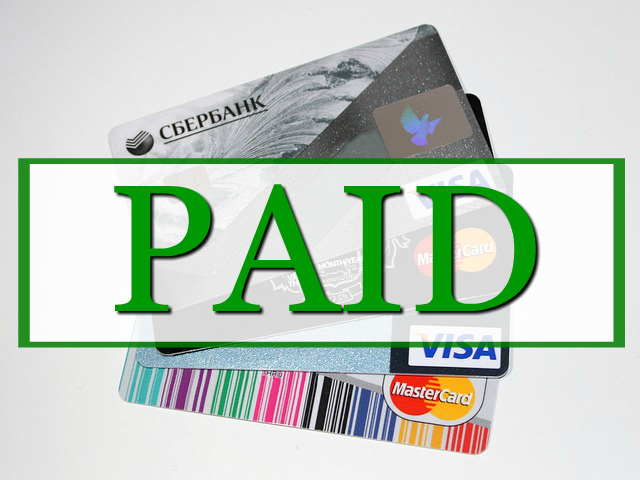
The credit bureaus (experian, equifax, transunion) score you based on the amount available in comparison to how much you have used. The lower amount you have used compared to the amount of credit available to you will only help your scores in a positive way.
The interest rates on credit card debt are typically much higher than mortgage rates. AND the interest on credit card debt is NOT tax deductible. The interest you pay on your mortgage IS tax-deductible. Many home owners’ largest tax deduction is their mortgage interest.
By rolling your credit card debt into your mortgage you not only decrease you overall monthly payments, but you also set yourself up for success in terms of tax deductions in many cases.
Take a look at your most recent credit card statement. How much of your payment went toward principal? Not much right?
The tricky thing about credit cards is the minimum payment is manageable, but the minimum payment never gets you anywhere in terms of paying down the principal balance.
By consolidating it into the mortgage, you create a manageable plan to pay off your debt.
Cash out refinance to complete home improvements

Using the equity in your home to improve your home will likely increase the fair market value of your home. Keep in mind, it’s not a dollar for dollar trade-off. Just because you put $20K into new floors and appliances, that doesn’t necessarily increase the value of your home by $20K.
Every market is different and some upgrades provide more value increase than others.
The biggest benefit of using your home’s equity to make improvements is it allows you to do the things that you have always intended on doing, but have been unable to save for because life gets in the way.
Improvements like:
- A new deck/porch
- Replacing carpet
- New appliances
- Roof
- Improved landscaping
- and more
What if I have bad credit, can I still do a cash out refinance?
When looking to get approved for a cash out refinance there are several options available. For good credit a conventional loan will probably be the best route to take. For fair to poor credit, an FHA loan will probably be your best route.
If you are a veteran of the US armed forces, you may be able to do a cash out refinance up to 90% of your home value. This is even if you have credit below 580. Must be eligible for VA financing.
If you do not meet FHA or VA guidelines because you have had a more recent bankruptcy, foreclosure, or short-sale; a portfolio loan will likely be your best option.
Portfolio loans are for scenarios that are more unique and require a “common sense” approval approach. Portfolio loans are less strict. They are intended to be a short-term fix. Once you meet traditional lending guidelines you’ll want to refinance out of the portfolio loan.
- Low Credit scores okay
- Primary residence, vacation home, and investment property
- Single family home, 2-4 unit, condominium, manufactured homes allowed
- Recent bankruptcy, foreclosure, short-sale considered
In Summary
3 Ways to get Approved for Cash Out Refinance with Bad Credit:
- FHA Loan
- Portfolio loan, or non-QM mortgage
- VA loan
There are many benefits to doing a cash out refinance. If you are not sure if you qualify for a cash out refinance whether you have good or bad credit please feel free to reach out.
I’ve been able to help many homeowner’s who have been told by other lenders that they don’t qualify.
I invite you to reach out.
Get your questions answered.
If I cannot help, I should be able to point you in the right direction at the very least.
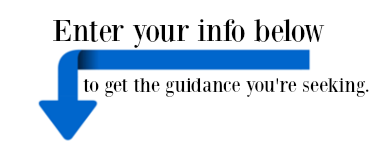
Michigan, Massachusetts, and Florida. Also offering financing in most states across the US including (but not limited to) Georgia, North Carolina, South Carolina, Alabama, Arizona,
California, Colorado, Delaware, Washington DC, Illinois, Indiana, Iowa, Kentucky, Louisiana, Maryland, Minnesota, Missouri, Ohio, Oklahoma, Oregon, Tennessee, Virginia, Wisconsin.

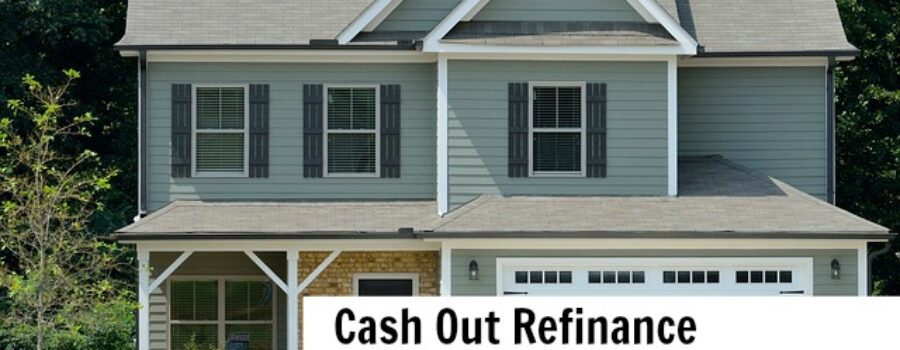



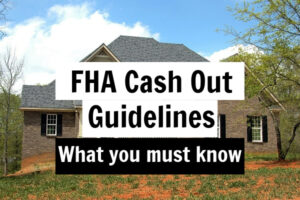
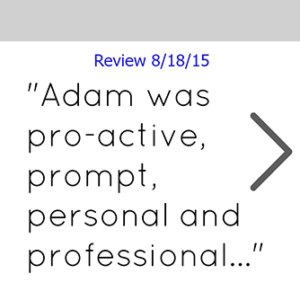
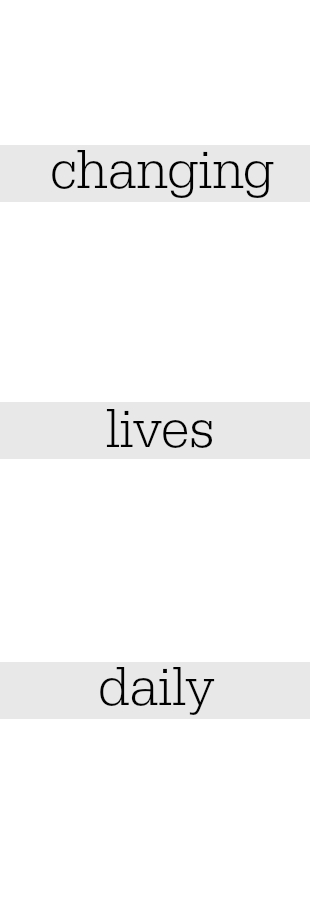

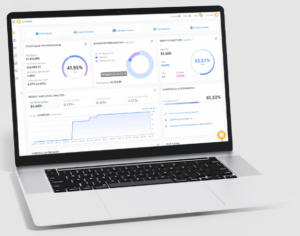
28 Comments
Leave your reply.